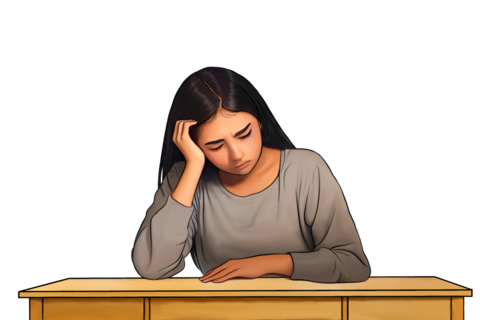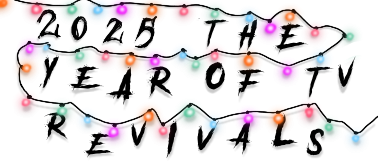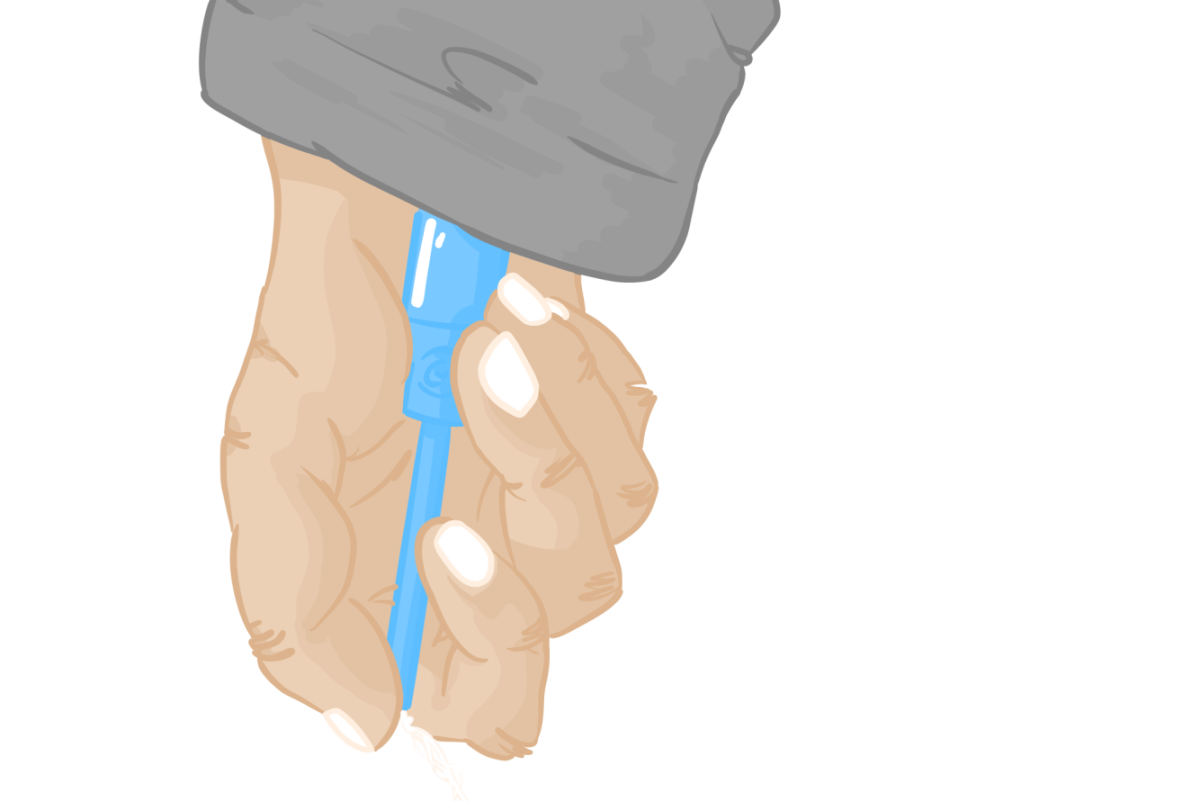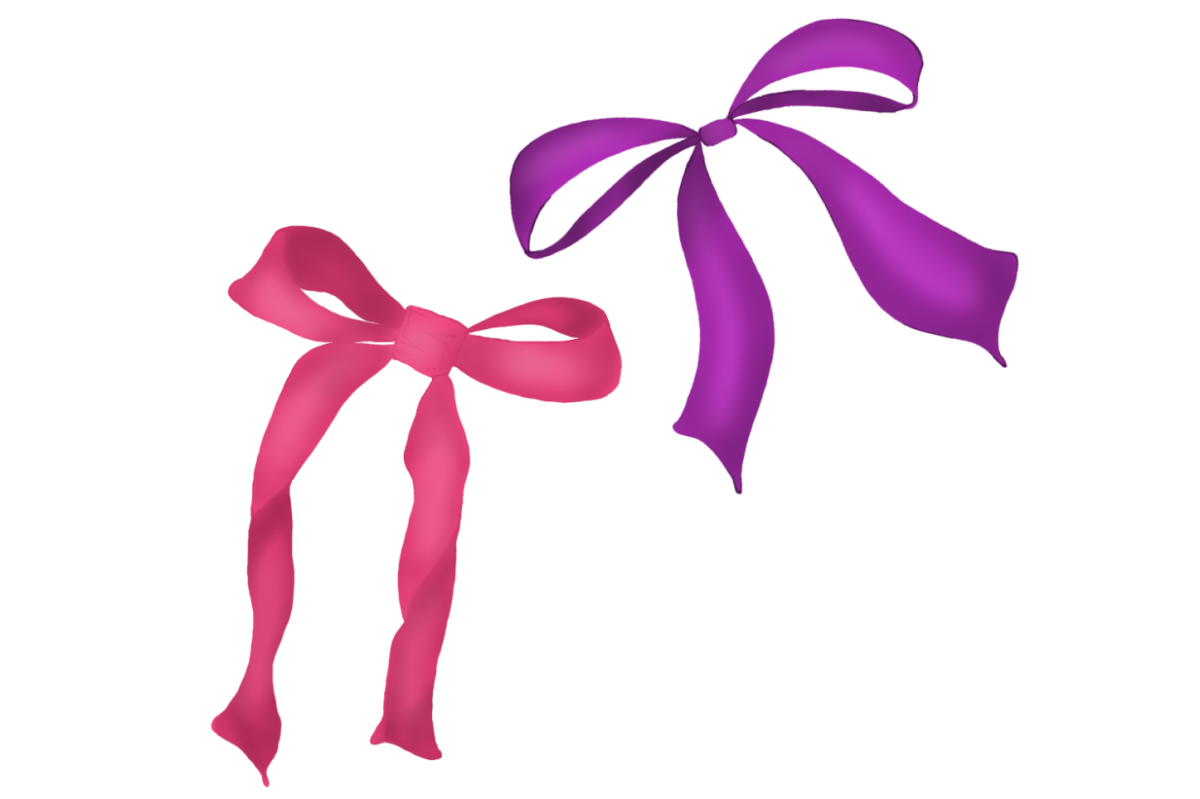It is a cold morning; the first day of second semester after two weeks of freedom. It’s the first day of January, the worst month of the year, the post-Christmas slump. There are fewer holidays or breaks to look forward to as the weeks drag by. During this time, some may start to experience very low moods and no longer find joy in the things they used to. These are all signs of Seasonal Affective Disorder or SAD, but is most commonly known as seasonal depression.
Up to three million people experience seasonal depression every year, according to the American Psychiatric Association. Although it is a common disorder, it’s not addressed enough or accepted in society as a real disorder. Although it’s not something that impacts people all year around, it can become very serious without awareness. Austin Lane, a gifted specialist, said one of his goals as a teacher is to educate kids on the correlation between success and happiness.
“When we think of depression or feeling low moods, it’s usually from large events or a clinical thing that’s been diagnosed,” Lane said. “Some people think it’s a myth because we don’t look at the environment being a big variable of our happiness.”
People tend to disregard seasonal depression because it isn’t recognized as a serious condition. I’ve had experienceing instruments, doing extracurricular activities, taking honors and AP classes or playing sports are more likely to fall into the cycle of seasonal depression. No matter what grade you’re in, you can experience burnout. Burnout is caused by going to school all day and using all your energy on schoolwork, just to go home and do more work all while having a social life and not complaining about how tired you are. Burnout doesn’t just affect people who are C and D students, it also impacts the smartest students in your class. Seasonal depression increases the feeling that there isn’t hope in moving forward for your own personal success. Talking to someone about your problems can help, as well as having human interactions like hanging out with friends and family. Lane suggested other ways of fighting against seasonal depression like getting active like going on a walk, going to the gym or just getting out of bed. Doing something is always better than doing nothing.
Georgia Torpey, junior, is on the executive board for the Mental Health Awareness Committee (MHAC) at KHS. She said she believes there should be more awareness around seasonal depression and hopes MHAC can help with that. Every year, they have a special hot cocoa event to give students the mental break they need especially during stressful times like finals week.
Having awareness and being educated on disorders such as seasonal depression is important because it eliminates the stigma around it that it’s made up or not as serious. Resources like MHAC or other mental health organizations are important to get rid of that stereotype. Seasonal depression is a very real and valid condition. If you’re someone who’s affected by it, it’s important to know you’re not alone and there’s always help and hope.









